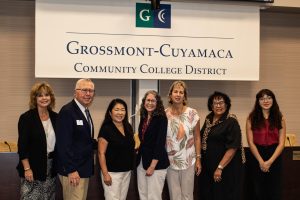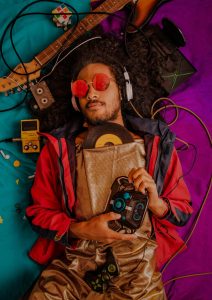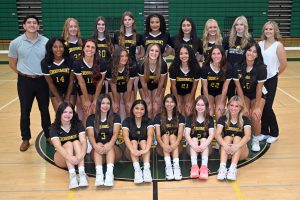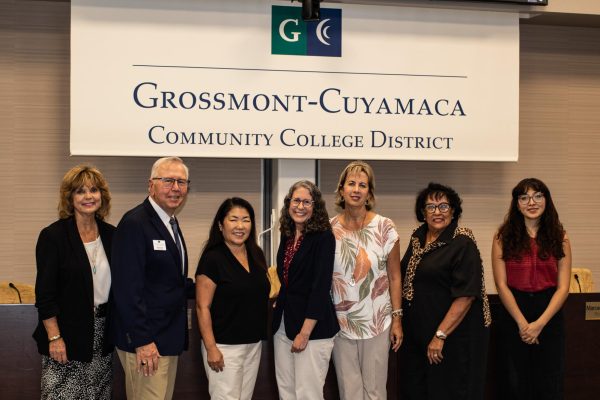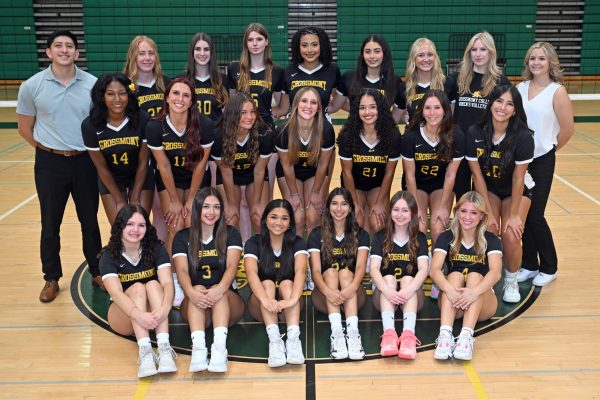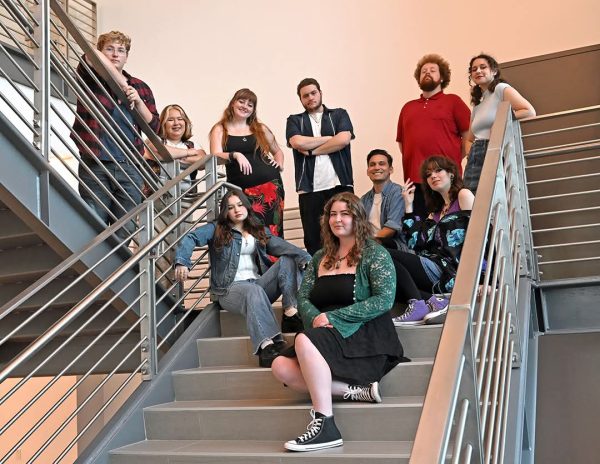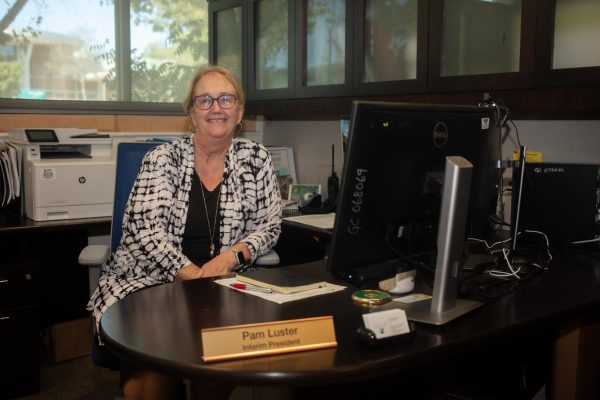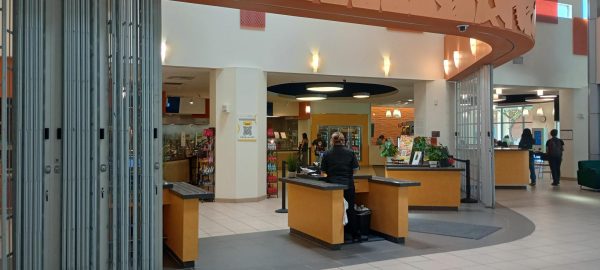A Woman’s Burden
The Supreme Court’s decision to overthrow Roe v. Wade reopens the question of women’s power over their own reproductive rights.
September 18, 2022
In 1970, the U.S. Supreme Court ruled in a 7-2 decision that the Constitution’s 14th Amendment includes a fundamental “right to privacy” protecting a pregnant woman’s choice of whether or not to have an abortion.
This landmark case changed the lives of women across the country by granting new reproductive liberty and body autonomy they had not seen within the nation’s first two centuries. Etching itself into the young story of the United States, it has been known to many by its case name, Roe v. Wade.
Then, over the summer, in the case of Dobbs v. Jackson Women’s Health Organization, the Supreme Court ruled by a 6-3 majority that the U.S. Constitution did not, in fact, confer this right to abortion.
Overturning decades of judicial precedent, this iteration of the court’s majority decided that Roe v. Wade was a wrongfully-made decision and the reproductive liberty American women possessed for more than 50 years was wrong.
This decision sent shockwaves throughout an already polarized country, with protests erupting nationwide soon after the ruling was made. While it might be easy to get swept up in the crowd of opinions erupting from the media and its pundits, it is important not to forget how everyday individuals are affected by these rulings.
Keeping that in mind, five young women attending Grossmont College were willing to share their feelings toward the court’s decision and how they see the protection of their reproductive rights moving forward.
“I thought it was fake at first,” Student Baeleigh Parr said incredulously, “I couldn’t understand why they would overturn it.”
Another student, Nicole Espindola, gave her thoughts on the issue alongside Parr, “I feel like overturning Roe V. Wade is just the start of taking a step backward.”
Neither of these women is alone in their thinking; nationwide polls conducted by Gallup show roughly 80% of Americans support abortion in all or most cases, and another poll done by Pew Research Center showed that roughly 59% of adults believe abortion should be legal.
Closer to home in California, UC Berkeley’s Institute of Governmental Studies recently released a poll that revealed eight in 10 California voters say abortion is an important issue. Roughly 71% of those polled also plan on voting for Proposition 1, a constitutional amendment to enshrine reproductive rights in the state’s constitution, this midterm election.
“I was just shocked and kind of revolted,” Eva Garcia said of the ruling. “Disgusted, grossed out, just, upset.”
She even expressed doubt at such reproductive liberty ever returning. “Maybe in the far future, but I feel like right now it’s just on a trend of going down,” Garcia said.
Fellow student Annalise Gutkowskai seconded this anger: “People don’t care about women’s safety, it’s not just about rights.”
Despite living in California, a state renowned as a bastion for reproductive liberty, all of these women alongside many others still felt deeply threatened by the U.S. Supreme Court’s ruling and retained somber emotions for women in states where body autonomy is even less assured.
Chelsi Moyle, forensic technology major, reacted herself with deep disappointment.
“I was shocked, I was saddened, thinking that we are now in 2022 and women still have to go through this,” Moyle said. “It’s just a really sad time in America for women.”
This ruling affects not only current adults, but also young girls out there and the future generations of women that will follow.
When asked what she would say to a young girl right now if she had the chance, Moyle encouraged persistence.
“Keep fighting for your rights and don’t let them get you down,” she said. “You have to keep your head up.”





